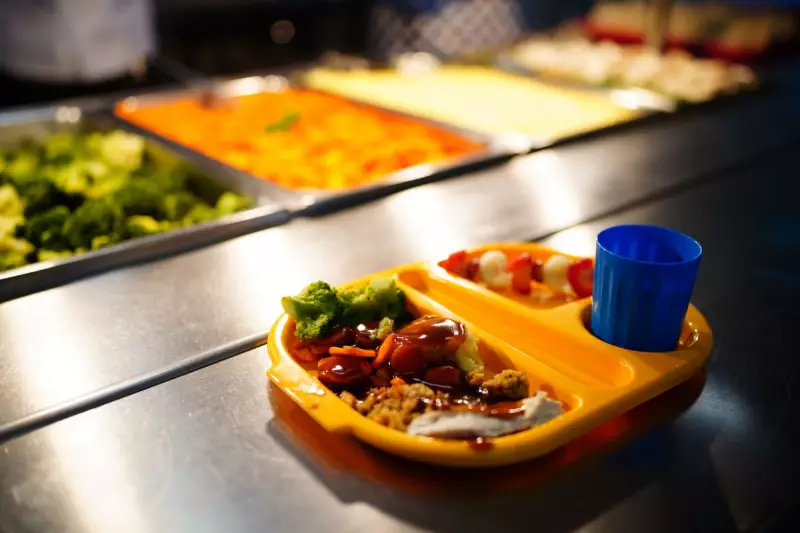
A stark new report has laid bare the devastating human cost of the government's two-child benefit cap, revealing that one in ten affected parents are now regularly skipping meals to feed their children.
The analysis, conducted by the Trussell Trust, exposes a deepening hunger crisis directly linked to the policy. It found that a shocking 72% of families impacted by the cap are now facing food insecurity, a sharp increase from 62% just two years ago.
A Policy of Punishment
Introduced in 2017, the policy restricts child tax credit and universal credit to the first two children in a household, a move the government claimed would encourage employment and make the system "fairer" to taxpayers. However, the evidence now suggests it has become a primary driver of destitution.
"The two-child limit is a policy that pushes families into poverty and hunger," said a spokesperson for the Trussell Trust. "It is utterly indefensible and our research shows it is causing immense harm, forcing parents to make impossible choices between food, heating, and other essentials."
Impossible Choices and Deepening Desperation
The data paints a harrowing picture of life under the cap:
- Meal Skipping: 10% of parents reported skipping meals "often" or "every day" due to a lack of money.
- Food Bank Reliance: Families subject to the limit are over twice as likely to need a food bank compared to those not affected.
- Mental Health Toll: The constant financial pressure and anxiety are taking a severe toll on the mental wellbeing of parents.
Campaigners and opposition MPs are amplifying calls for the next government to scrap the policy immediately. They argue it is a blunt instrument that punishes children for simply being born into a larger family, regardless of their parents' employment status.
A Call for Action
With a general election looming, the future of the two-child limit is a central point of political debate. Charities and anti-poverty groups are urging all parties to commit to abolishing a policy they describe as one of the most damaging elements of the UK's welfare system.
As the cost-of-living crisis continues to squeeze household budgets, the report serves as a urgent reminder that policy decisions have profound and very real consequences for the most vulnerable in society.





